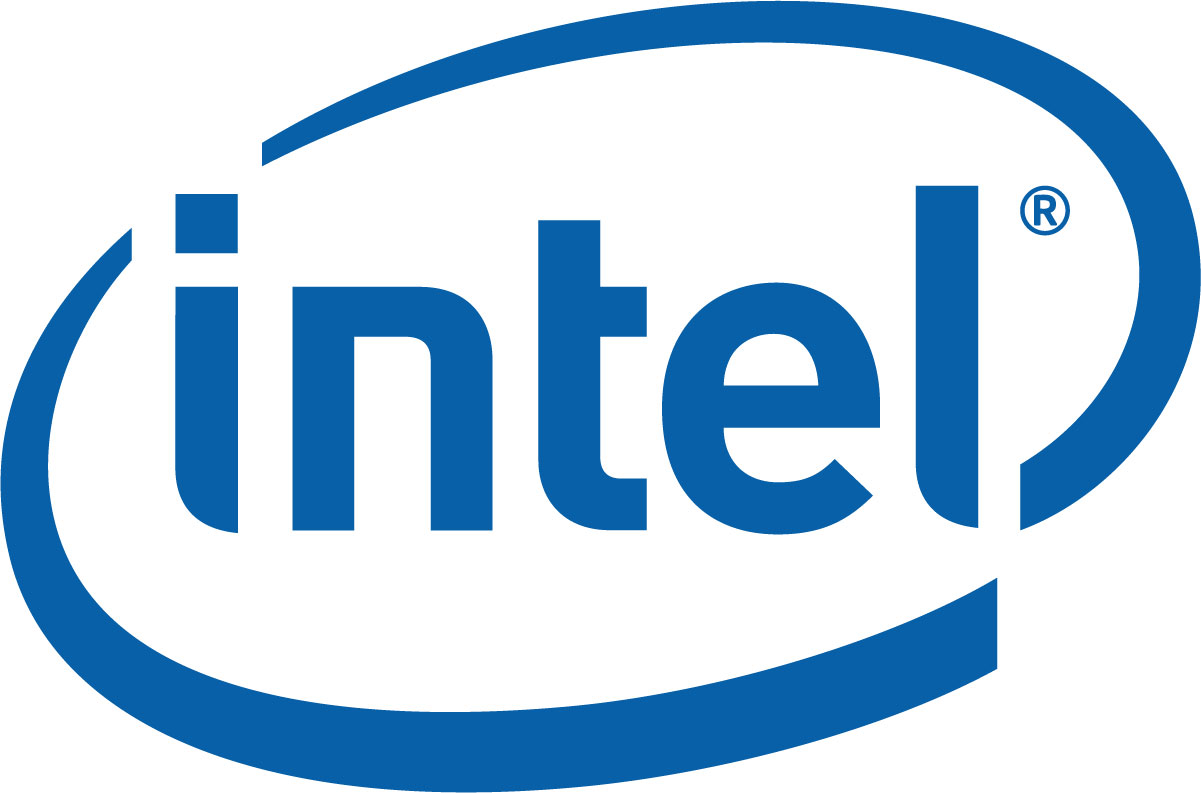Intel's Mobile Boss Leaves
After a long tenure at Intel, Anand Chandraskeher is leaving Intel.
There was no explanat
ion given why Chandrasekher left other than a quote from executive vice president David Perlmutter who briefly thanked Chandrasekher for his 24 years of service - and wished him well in his "future endeavors."
It's the type of announcement that suggests that this was not a mutual agreement. Someone was fired here. The Atom platform was Chandrasekher's core responsibility and we know that Intel has not been exactly successful in the ultra mobility market besides netbooks. Netbooks appear to be on the decline these days, while tablets and smartphones are the hot new products - in which Intel is not represented yet. Promised market introductions have been delayed multiple times and Intel's hope that the smart TV segment would adopt Atom processors quickly isn't materializing either.
Atom was originally launched as a low-cost processors for the netbook in a time when the computer industry faced slowing sales as part of a severe recession. Atom excelled in 2008 and 2009. It propelled the netbook to glory within a short period of time. However, Intel's plans to sell premium versions of Atom into mobile internet devices (MIDs) failed as those devices largely turned into smartphones, which is a segment that is dominated by ARM. Until today, Intel has no finalized product to compete with ARM on the smartphone level.
It is somewhat obvious that Chandrasekher had to go because of a lacking Intel product in the smartphone and tablet space, which is a serious problem for the company today. The way Chandrasekher was let go, with a "chip shot" announcement that isn't even seven lines long, could be interpreted as a sign of disrespect and indication how much the parties disagreed on the future Intel mobile strategy. However, Chandrasekher was 24 years at Intel and deserved a more prominent note.
Mike Bell and Dave Whalen will take over Chandrasekher's responsibilities effectively immediately, Intel said.
Get Tom's Hardware's best news and in-depth reviews, straight to your inbox.

Douglas Perry was a freelance writer for Tom's Hardware covering semiconductors, storage technology, quantum computing, and processor power delivery. He has authored several books and is currently an editor for The Oregonian/OregonLive.
-
scook9 I would not blame this guy, I would blame the fact that atom is pathetically weak as an architecture....it looked good on paper because they could say things like dual core with hyprethreading and 1.8 Ghz while still being cheap (and low cost) but the core 2 architecture which is older is just as power efficient and performs better.....(examples being all the CULV core 2 parts)Reply -
pelov Intel's die-hard x86 approach didn't work too well in smart phones or tablet PCs. In fact, if i recall correctly, it didn't work at all. The atom has mostly been used in HTPCs and netbooks, but now that fusion is slowly creeping it's way into those segments it looks like the atom will be even more of a failure. Same or better power usage, near identical CPU performance and better graphics? I'll take the green one rather than the blue.Reply
It does beg the question of just what Intel will be releasing with their new atom. If he was in fact fired then I highly doubt that the new one will be much of an improvement at all. -
zerapio scook9I would not blame this guy, I would blame the fact that atom is pathetically weak as an architecture....it looked good on paper because they could say things like dual core with hyprethreading and 1.8 Ghz while still being cheap (and low cost) but the core 2 architecture which is older is just as power efficient and performs better.....(examples being all the CULV core 2 parts)Core 2 costs more per square mm. In other words you have something that performs close to a c2d at a fraction of the size and cost. That's great! Having said that I think that Atom needs to improve more if it wants to compete in other spaces like cellphones.Reply -
mister g Pure speculation, but who else thinks that the head of Intel didn't like the fact that AMD was beating them at a market (just one) and that Chandrasekher didn't have anything good and just fired him?Reply -
Hmmm.. Everyone here seems to think the causal relationship here was that Atom sucked therefore he left out of disdain... Well, executives are there to collect a paycheck, just like everyone else, so normally the rationale would be that Atom sucked, therefore it was his fault...Reply
At any rate, whichever idiot thought that x86 could be used in cellphone CPUs or Larrabee is clueless and deserves to be fired... I understand their desire to monopolize new markets for the sake of screwing the rest of us out of our money with their x86 patent trolling, but even 12 y/o kids with no degree in electrical engineering knew x86 could never compete in those fields... -
kewlx patently_troll but even 12 y/o kids with no degree in electrical engineering knew x86 could never compete in those fields...I disagree. most 6-16 year olds are stupid and tote expensive down right shitty apple products...least in my town. almost all of them have an ipod and one from ea gen it seems or zune its like just buy a fricken cowon s9 people! thats the best audio player or video player for that size and price. sorry just can't think of people today knowing things because most of them buy apple because THEY follow the crowd.Reply -
yjagota ReplyAfter a long tenure at Intel, Anand Chandraskeher is leaving Intel.
After a long tenure, Anand Chandraskeher is leaving Intel. -
mosu I think Mr.Anand Chandraskeher is a good Intel soldier who took the blame for something it was imposed to him: a crappy architecture and crappy GPU and southbridge support.With that kind of video performance no one could use Atoms in HTPCs or smart television sets, on the other hand trying to cut NVidia out. With no support from other departments, he had to leave.To be really competitive they should use some CULV performance processors tied with a good DX11 supporting GPU.Not happening soon, I think.Reply -
ta152h yjagotaAfter a long tenure, Anand Chandraskeher is leaving Intel.Reply
However, Chandrasekher was 24 years at Intel and deserved a more prominent note.
However, Chandrasekher worked for Intel over 24 years and deserved a more prominent note.
Not that he should be making these suppositions anyway. Do we really need his opinion, or should he be just stating the facts? After all, who is Douglas Perry, and why does he think he knows what this gentleman deserves better than people at Intel, who no doubt know him and his contributions much better? Wouldn't the subjective opinion of the better informed have more weight, instead of basing a supposition on almost entire ignorance, outside of time of tenure? -
f-14 mister gPure speculation, but who else thinks that the head of Intel didn't like the fact that AMD was beating them at a market (just one) and that Chandrasekher didn't have anything good and just fired him?GMTA, that thought cross my mind with the title of the articleReplyIntel's Mobile Boss Leaves
= just how much AMD fusion pwns.
the first paragraph and a half did everything to confirm that thought, not that there was any reason to doubt it.
TA152HHowever, Chandrasekher worked for Intel over 24 years and deserved a more prominent note.Not that he should be making these suppositions anyway. Do we really need his opinion, or should he be just stating the facts? After all, who is Douglas Perry, and why does he think he knows what this gentleman deserves better than people at Intel, who no doubt know him and his contributions much better? Wouldn't the subjective opinion of the better informed have more weight, instead of basing a supposition on almost entire ignorance, outside of time of tenure?writers have aspirations of public relations managers. brown nosing and spin flare are what keeps them working at a blog if they suck or press secretary for 20 years of terrible policies and politics.
congratulations on surviving your freshman year in college, stick with it!
